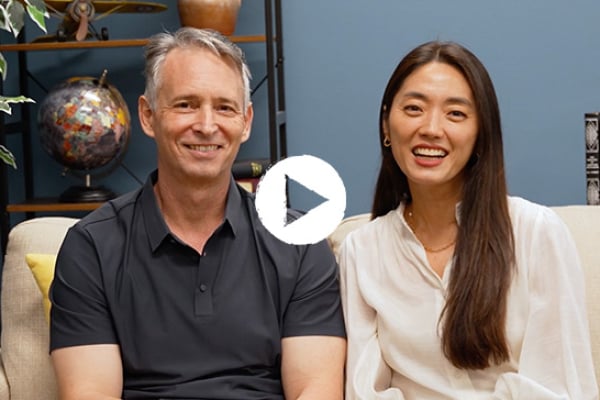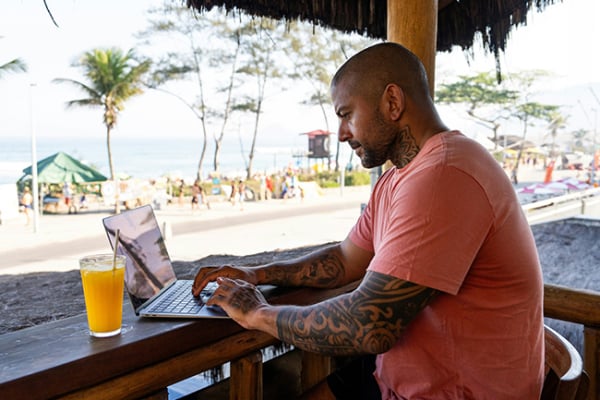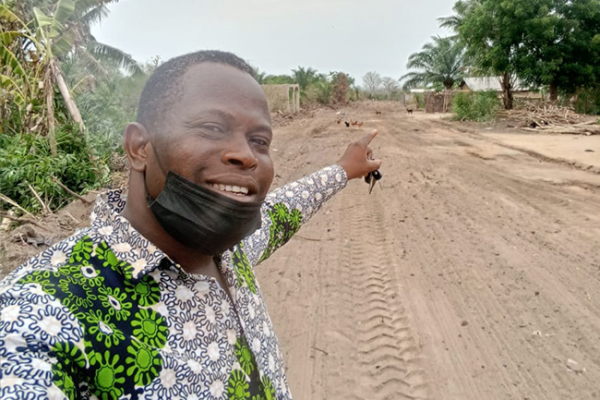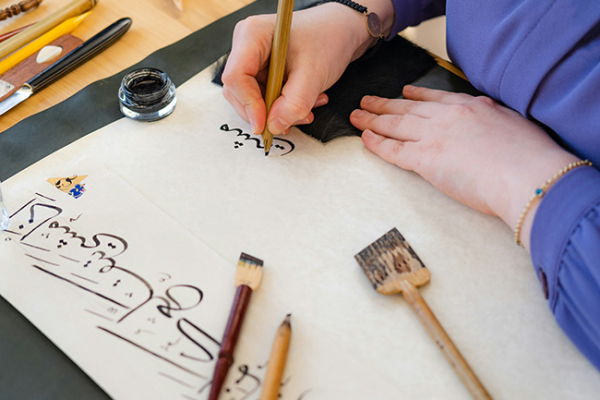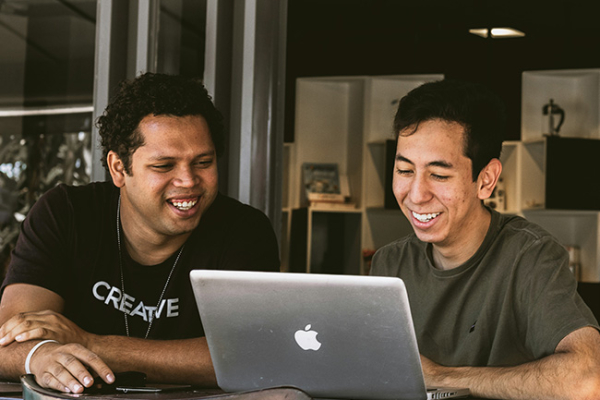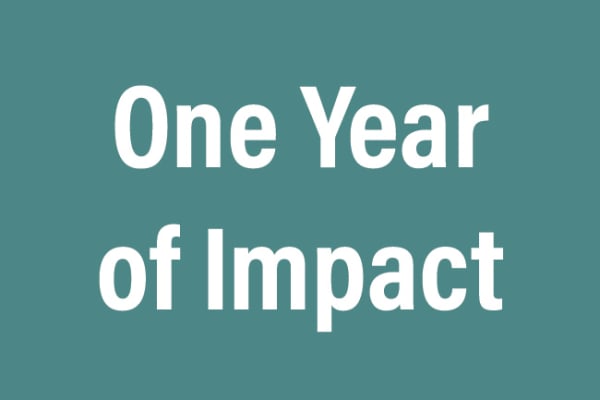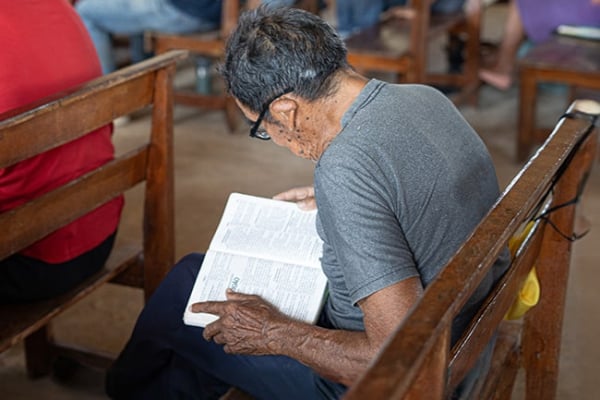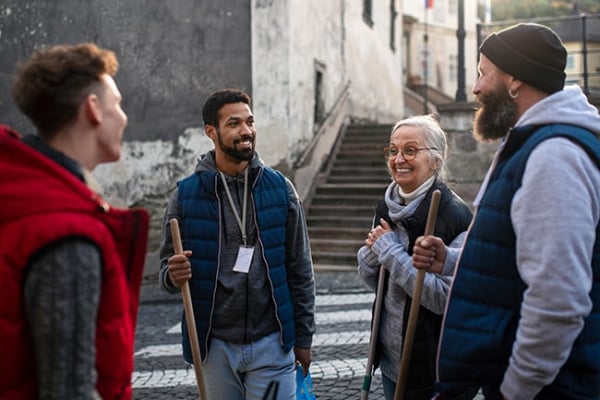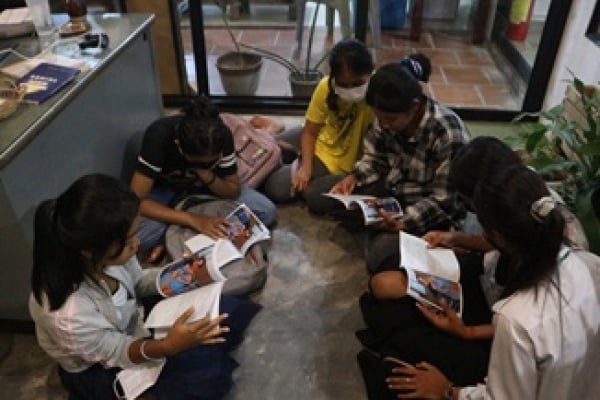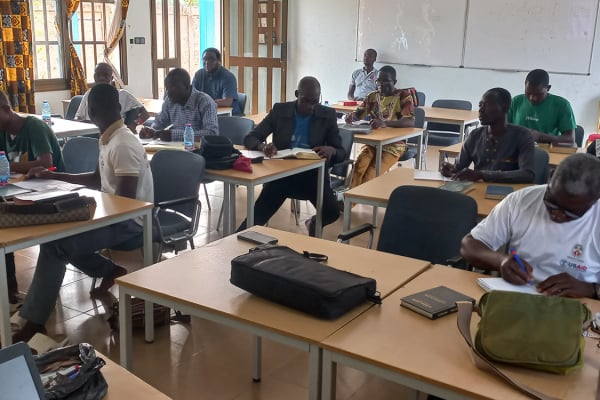MEXICO — Andrew’s encounter at the doorstep served an entirely different purpose.
February 4, 2026
BRAZIL — A paraplegic woman comes to faith through a gospel necklace and helps others do the same.
January 7, 2026
WEST ASIA — A Christmas gift melted Liliya’s desire for revenge.
December 3, 2025
Everything you need to know before, during, and after your overseas ministry visit
November 19, 2025
FRANCE — Lucie’s isolated faith turns to bold witness in her new community.
November 5, 2025
CENTRAL ASIA — A chemistry class assignment sparks questions of faith for Maya in Asia.
October 1, 2025
Reimagining global nomadism as a platform for missions
September 17, 2025
CANADA — A routine maintenance visit leads to a search for eternal truth.
September 3, 2025
TOGO — A man prayed for 38 years for the church to come to his village.
August 6, 2025
Planning a future in missions? Your college major and career path matter more than you think.
July 15, 2025
WEST ASIA — Tabitha’s almost-canceled class provides an opportunity to share with her teacher.
July 2, 2025
A guide for local churches launching and supporting global workers
June 18, 2025
GERMANY — A quiet house church ignites with bold testimonies and new faith.
June 4, 2025
Want to integrate faith into your career? Explore how to reflect God at work, navigate challenges, and impact your workplace for Christ.
May 20, 2025
SPAIN — Mark's walking club shares personal reflection and spiritual conversations on the trail.
May 7, 2025
Your gifts and prayers furthered gospel ministry in all corners of society
April 16, 2025
Overcoming your biggest fears about safety, education, and cultural adjustment as you move your children overseas for missions
March 18, 2025
ENGLAND — Katelyn's courageous faith is opening conversations about Jesus with her unbelieving coworkers.
March 5, 2025
6 qualities you need to be an effective disciple-maker in cross-cultural ministry
February 18, 2025
EAST ASIA — Charaya’s courage started a chain reaction of the spread of the gospel.
February 5, 2025
Watch this video to see how Jesus is building his church in Italy.
January 21, 2025
BRAZIL — It's transforming lives in one rural village in Brazil.
January 6, 2025
JAPAN — Two friends, unfamiliar with Christmas, discover the story of Christ's birth.
December 5, 2024
The word “missionary” has inspired many, but it’s also created barriers. Discover why adopting a more flexible identity could help us spread the...
November 19, 2024
.png)

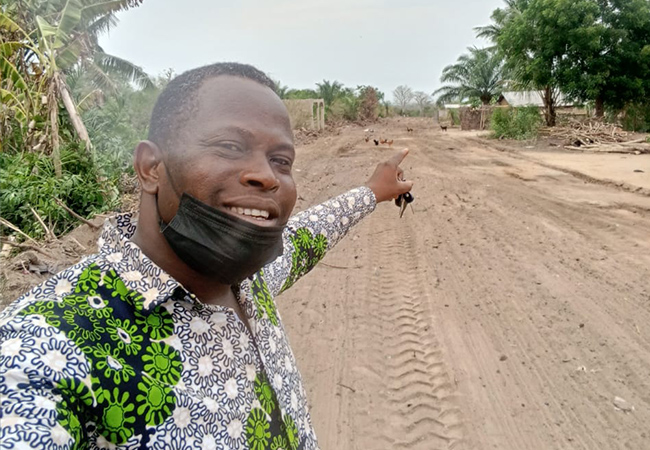
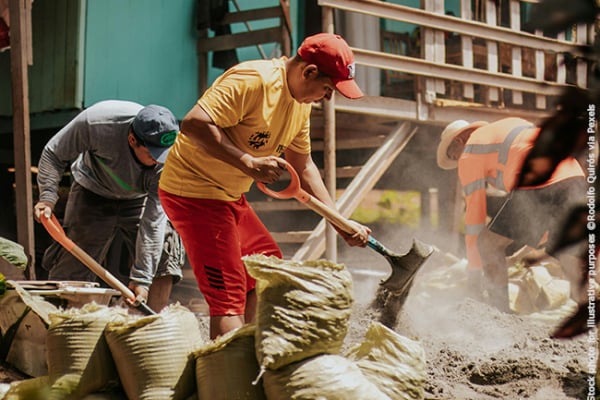
 By Crossworld
By Crossworld